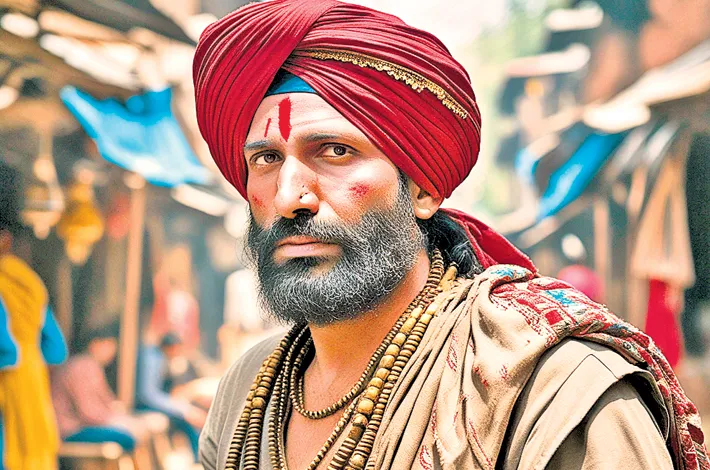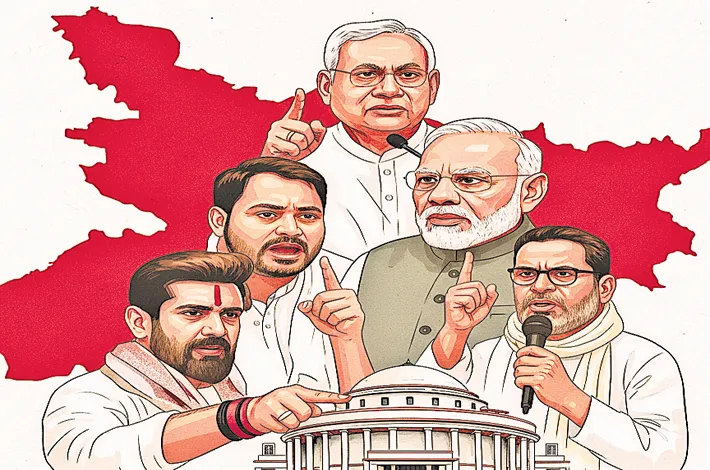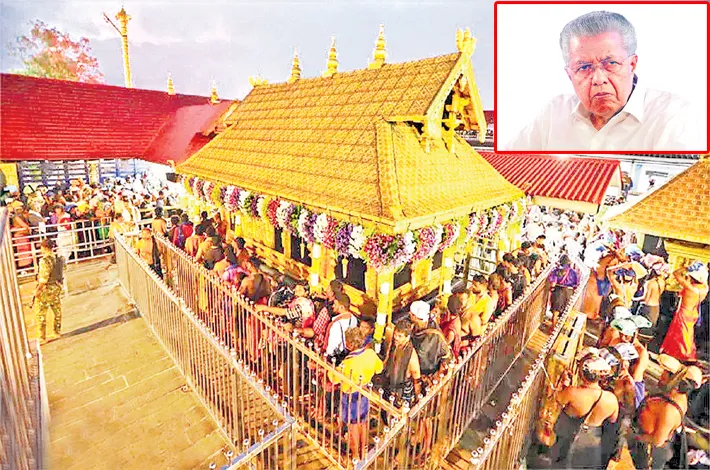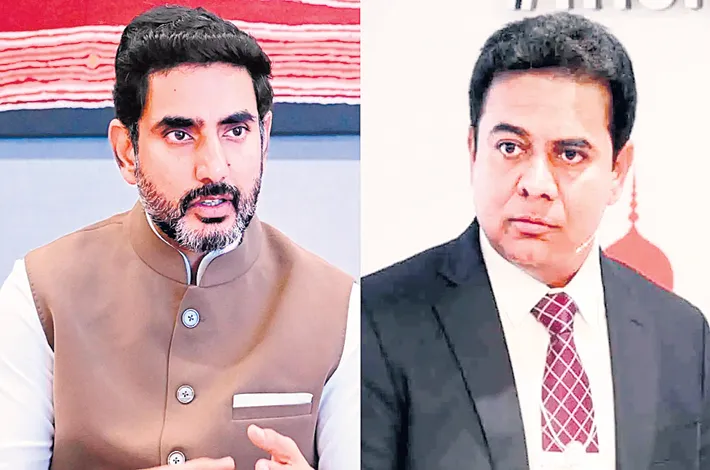The Capture of Teejan Singh
05-07-2025 12:00:00 AM

Vikram knew Sindhi ki Chawni was the key. The neighborhood, with its maze of streets and hidden courtyards, was a perfect hideout. Teejan’s gang, rumored to be a dozen men strong, was said to operate from an abandoned haveli deep within the Chawni.
In the labyrinthine alleys of Sindhi ki Chawni, Gwalior, where the scent of street-side jalebis mingled with the dust of ancient havelis, a shadow loomed larger than life. Teejan Singh, the dreaded dacoit from Morena, had returned. His name alone sent shivers through the narrow lanes, whispered in chai stalls and feared in the hearts of merchants. Once a terror in the Chambal ravines, Teejan had vanished after a bloody encounter with the police a decade ago. Now, rumors of his gang’s resurgence were no longer just whispers—they were screams, punctuated by a string of audacious heists across Gwalior’s markets.
Inspector Vikram Rathore, a wiry man with a scar across his left eyebrow, sat in his dimly lit office at the Gwalior Police Station. His desk was cluttered with case files, a flickering bulb casting long shadows over the walls. The latest report was grim: Teejan’s gang had raided a jewelry shop in Sarafa Bazaar, leaving behind a trail of shattered glass and a dead guard. The audacity was signature Teejan—swift, brutal, and precise. Vikram’s superiors demanded results, but the dacoit was a ghost, slipping through every trap.
Vikram knew Sindhi ki Chawni was the key. The neighborhood, with its maze of streets and hidden courtyards, was a perfect hideout. Teejan’s gang, rumored to be a dozen men strong, was said to operate from an abandoned haveli deep within the Chawni. Locals spoke of strange noises at night—muffled footsteps, the clink of metal, and low, guttural voices. Yet fear kept mouths shut. Vikram, a Gwalior native, understood the code of silence. He’d grown up in these streets, played cricket in the gullies, and knew the pulse of the Chawni. If anyone could crack this, it was him.
His first lead came from an unlikely source: Shanti, a chaiwala with a stall near the old Hanuman temple. Shanti, with her sharp eyes and sharper tongue, had overheard a group of rough-looking men discussing a “big job” at midnight. “They weren’t locals, Vikram ji,” she whispered, pouring him a steaming glass. “One had a Morena accent, called another ‘Teejan bhai.’ I swear on Hanuman ji.” Vikram slipped her a fifty-rupee note and headed into the night.
The Chawni was alive under the moon’s pale glow. Street dogs barked as Vikram, dressed in plain clothes, navigated the alleys. His informant had pointed him to the crumbling Sheesh Mahal Haveli, a relic of Gwalior’s princely past, now a rumored den for Teejan’s gang. The haveli’s arched windows gaped like empty eyes, and the air carried a faint whiff of gunpowder. Vikram’s service revolver felt heavy against his hip as he slipped through a broken gate.
Inside, the haveli was a maze of decayed grandeur—cracked marble floors, faded frescoes, and cobwebs thick as curtains. His flashlight beam danced across the walls, catching glints of metal. A muffled thud echoed from the upper floor. Vikram’s pulse quickened. He crept up a rickety staircase, each step creaking under his weight. At the top, a faint glow spilled from a room. Voices, low and urgent, reached his ears.
“Tomorrow, the bank on MG Road,” a gravelly voice said. “We hit at dawn. Clean job, no witnesses.”
Vikram edged closer, peering through a crack in the door. Five men sat around a table littered with maps and weapons. Teejan Singh was unmistakable—tall, broad-shouldered, with a jagged scar across his cheek and eyes that burned with cold fire. His men, armed with country-made pistols and knives, listened intently. Vikram’s heart sank. A bank heist at dawn meant civilians, chaos, and bloodshed. He needed backup, but his radio was back in the jeep, and time was running out.
As he shifted to retreat, his foot brushed a loose tile. The scrape echoed like a gunshot in the silence. “Who’s there?” Teejan barked, his hand on a pistol. Vikram bolted, footsteps pounding as he raced down the stairs. Shouts erupted behind him, followed by the crack of gunfire. A bullet grazed his arm, searing pain shooting through him, but he didn’t stop. He dove into a side alley, losing himself in the Chawni’s maze.
By dawn, Vikram was back at the station, arm bandaged, briefing his team. The bank on MG Road was now under surveillance, but Teejan’s gang was slippery. Vikram’s only advantage was knowing their plan. He deployed plainclothes officers around the bank, blending them into the morning crowd of vegetable vendors and auto-rickshaws. At 5:45 a.m., as the first rays of sunlight hit the bank’s shutter, three men in masks emerged from a stolen van. Vikram’s team moved in, but Teejan was nowhere in sight.
The firefight was brief but fierce. Two dacoits were apprehended, one wounded, but the third escaped. Vikram’s gut told him Teejan had played them—a decoy to distract from a bigger target. Back at the station, a frantic call confirmed his fears: a gold transport van had been ambushed on the outskirts of Gwalior, near Morena. Teejan’s gang had vanished with crores in gold bars.
Vikram stood in the Chawni that evening, staring at the Sheesh Mahal Haveli from a distance. Teejan was out there, mocking him. The locals whispered of the dacoit’s next move, some saying he’d flee to the Chambal ravines, others claiming he’d strike again in Gwalior. Vikram lit a cigarette, the scar on his eyebrow twitching. This wasn’t over. Teejan Singh may have won this round, but Vikram Rathore was a hunter, and the Chawni was his ground. He’d find the dacoit, no matter how many shadows he had to chase.








